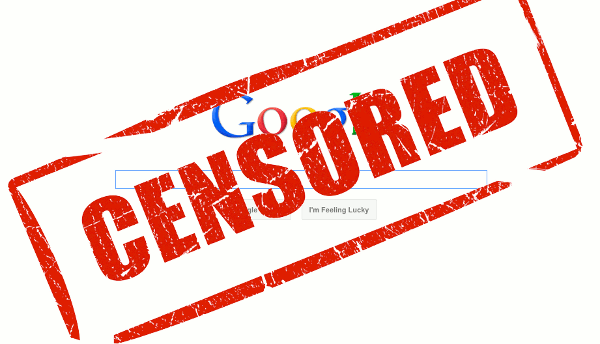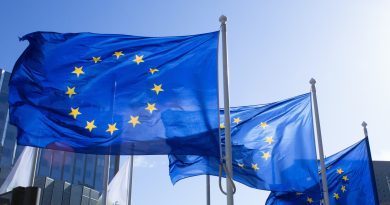Focus on Pornography Laws: Pakistan
By Shamel Dishack
Staff Writer
Pornography in Pakistan, like in many countries with a religious majority, is a touchy subject. Like its neighbors, Pakistan adopted a conservative stance on pornography that seeks to preserve what it sees as the religious and cultural integrity of its youth.
Initially, the government’s position on online pornography consisted of selective restrictions and occasional bans. Although the population can access pornography electronically, the government can regulate online traffic by occasionally censoring websites that are deemed either blasphemous or critical of the government. For a while, pornography was widely accessed by the people with no policy towards a total internet ban. However, in November 2011, the Pakistan Telecommunications Authority’s (PTA) decided to block pornographic websites.
In September 2011, a hacker defaced the Supreme Court’s and PTA’s websites to demand a series of reforms, one of which was a request for a ban on pornography, reports the Tribune. Following this scandal, the Pakistani government answered the call for a ban, and the chief justice ordered the PTA, which is responsible for the flow, development, and maintenance of telecommunications, to begin blacklisting porn websites frequently visited by Pakistani citizens. From there, the list continued to grow.
When the PTA began implementation in November 2011, they began with the thousand most-visited websites in Pakistan, but now the government has grown more ambitious in its crusade against online pornography, reports the Tribune. In 2016, the National Assembly passed the New Cybercrime Law, the Prevention of Electronic Crimes Act , with unanimous support from the Senate, the president, and the Supreme Court. The purpose of this legislation was to address the growing powers of cyberterrorism and online black market forums, and sees acts against modesty as a domestic threat. The legislation also gives the government investigative powers to establish agencies that monitor traffic flow, keep records of observed crimes, and initiate arrests through court warrants.
Going further, the Islamabad High Court (IHC) wanted pornography to be a more specific online crime in the act. In March 2017, authorities in the court noted that blasphemy and pornography were not carefully labeled in the new cybercrime law, and subsequently directed the Advocate General to complete the legal requirements for these changes to be made.
The efforts of the government to ban pornography did not stop from that point. The implementation of a total ban is currently an ongoing process carried out by the Government, PTA, and underwater internet cable providers such as Pakistan Telecommunications Company Limited (PTCL) and Transwold. Since January of this year, the government has blocked approximately 430,000 websites deemed inappropriate and blasphemous, with the ban blanket so wide that many of the blocked websites are not actually pornographic by nature, according to Dawn.
In reaction to these actions, human rights groups and proponents of net neutrality have objected with dismay. They see the provisions in the act as being vague enough to curtail freedom of speech and expression. Additionally, there exists political worries, as the government now has the ability to shut down any website under allegations of indecency and moral corruption. The Digital Rights Foundation has voiced its antagonism towards the act because of its potential misuse by the government for the aforementioned reasons. The government, in response, disregards these claims as derived from international actors with particular agendas against Pakistani national interests.
There is no denying that many officials in Pakistan view pornography as morally reprehensible and socially corruptive. To the Pakistani authorities, the internet provides an avenue for its people to access unlimited and free pornography, and thus must be met with restrictions and limitations. However, despite studies and practice revealing that bans are ultimately ineffective, the government continues its policies.



